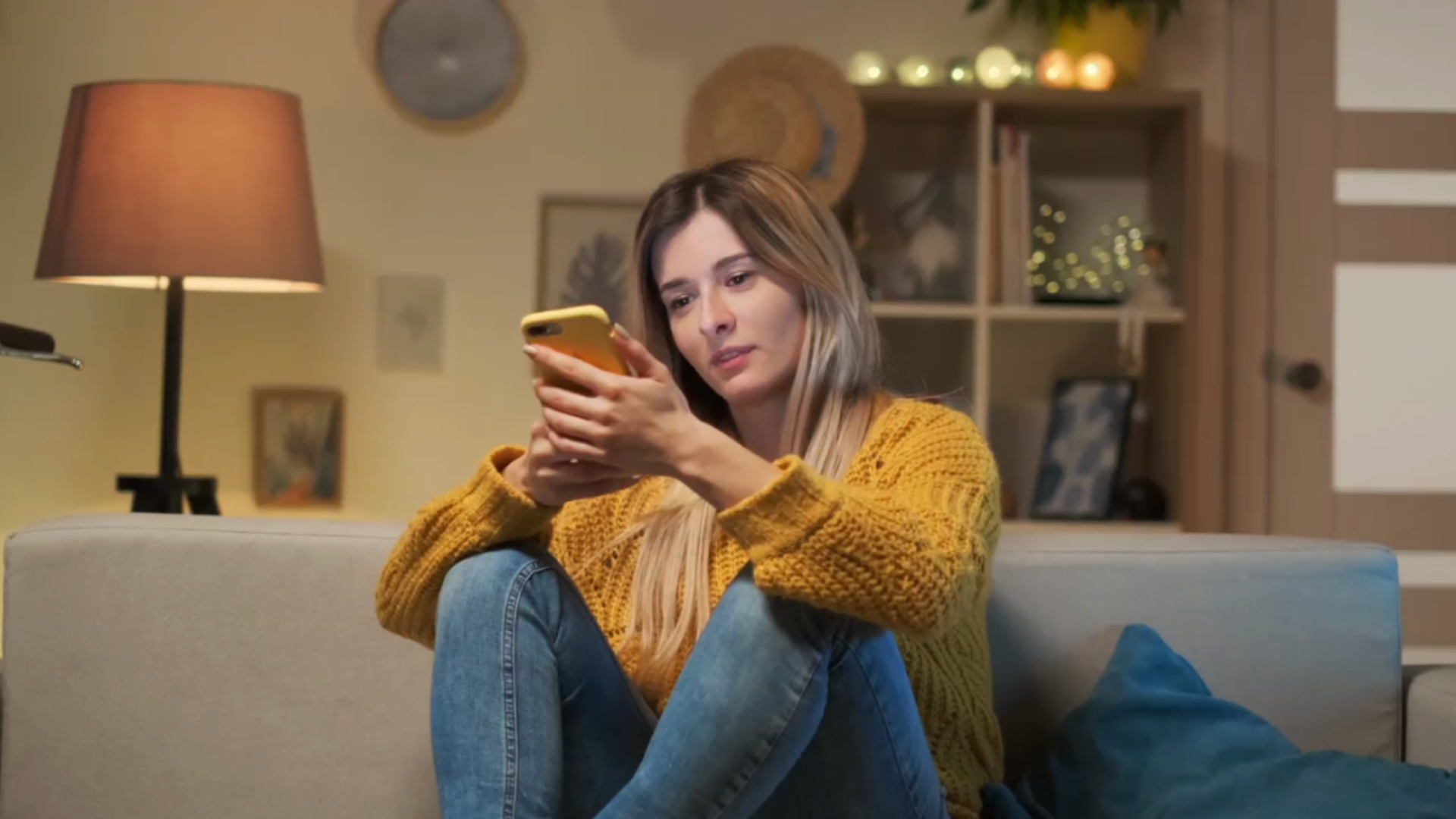We've heard plenty of advice during this pandemic on what we should do to stay healthy, physically, that is, but keeping healthy mentally is also extremely important.
Newswatch 16's Ryan Leckey recently talked with a clinical psychologist.
Dr. Brett Beck is not only a clinical psychologist, but he's also a Professor of Psychology at Bloomsburg University. Newswatch 16 asked for his expert advice on how to deal with the isolation that comes with this pandemic:
" So you can't just say I can't, I can't deal with this. I can't take it. That, that will defeat you very quickly. I mean, there are many things you can do to stay social," Dr. Beck said.
Dr. Beck has been teaching Psychology at Bloomsburg University for more than 30 years. After decades of interacting with students in his classrooms, he realizes what a loss it is to not have that personal social contact.
"I talk with my colleagues, and they're just like, 'this is horrible.' I saw YouTube video the other day of some professor who was just screaming, crying, and doing this sort of stuff," Beck said.
While Dr. Beck and his colleagues must now teach classes virtually online rather than face to face in a classroom, the Psychology Professor says virtual contact is better than no contact at all.
"We still do that on Zoom where, you know, we still get together, and we talk with one another. The number of phone calls I've made to my family have increased dramatically too," Beck said.
Whether it's with family, friends, or even employees, Dr. Beck says keeping in touch, however possible, is extremely important.
Ryan asked Dr. Beck: "What would be your advice to leaders who are running companies that now their workforces are all remote and people really rely on getting that connection from their bosses and getting feedback on the jobs they're doing?"
Dr. Beck advises that staying connected, staying active, and staying positive are among the best activities we can do to deal with social isolation. We also have to realize that change is inevitable.
"Don't be afraid of that (change). I mean, you know, thirty-five years I was doing the same exact thing over and over. This has been wonderful to me. It's a horrible time, I realize that and I get this story from my students that it's catastrophic. I understand that. But it's also forced me to have to learn new things, and that's a good thing."
Suggestions from Dr. Beck on what you can do to lessen the harmful effects of social isolation:
- Take a break. (Exercise, meditate, gardening)
- Increase positive activities (group Netflix movies, family Zoom games, painting/drawing) and decrease negative activities (watching the news, negative social media, binge drinking)
- Control your thinking (stay hopeful, this will pass, don't catastrophize)
- Seek virtual support (maintain weekly meetings over Zoom)
- Give back to the community (food banks, sew masks)
If the tips aren't helping, seek professional help from some of the resources below:
- The National Suicide Prevention Lifeline is available 24/7 at 1-800-273-TALK (8255)
- Individual therapists - A good local list of these can be found at PsychologyToday.
- Online therapists - There are several of these, but one good one is BetterHelp.com.
- Online Support Sites - A comprehensive website for online support is PsychCentral.com.
- Professional sites - A lot of information at the site for the American Psychological Association.
- Smartphone Mobile Apps - For meditation, try Headspace and Calm. For depression and anxiety, try Sanvello, Moodpath, and MoodTools. For eating disorders, try Recovery Record and Rise Up + Recover.
About Dr. Brett Beck:
Brett L. Beck, Ph.D., is a clinical psychologist and Professor of Psychology at Bloomsburg University. He's taught psychology courses for 35 years (32 years at BU) at the high school, undergraduate, and graduate school level. His research interests are in college teaching processes, adult psychopathology, and support/coping mechanisms during periods of transition. He currently is completing two studies on the effects of social media on the emotional status of college students that will be presented (virtually) in July at the annual meeting of the Eastern Psychological Association.

